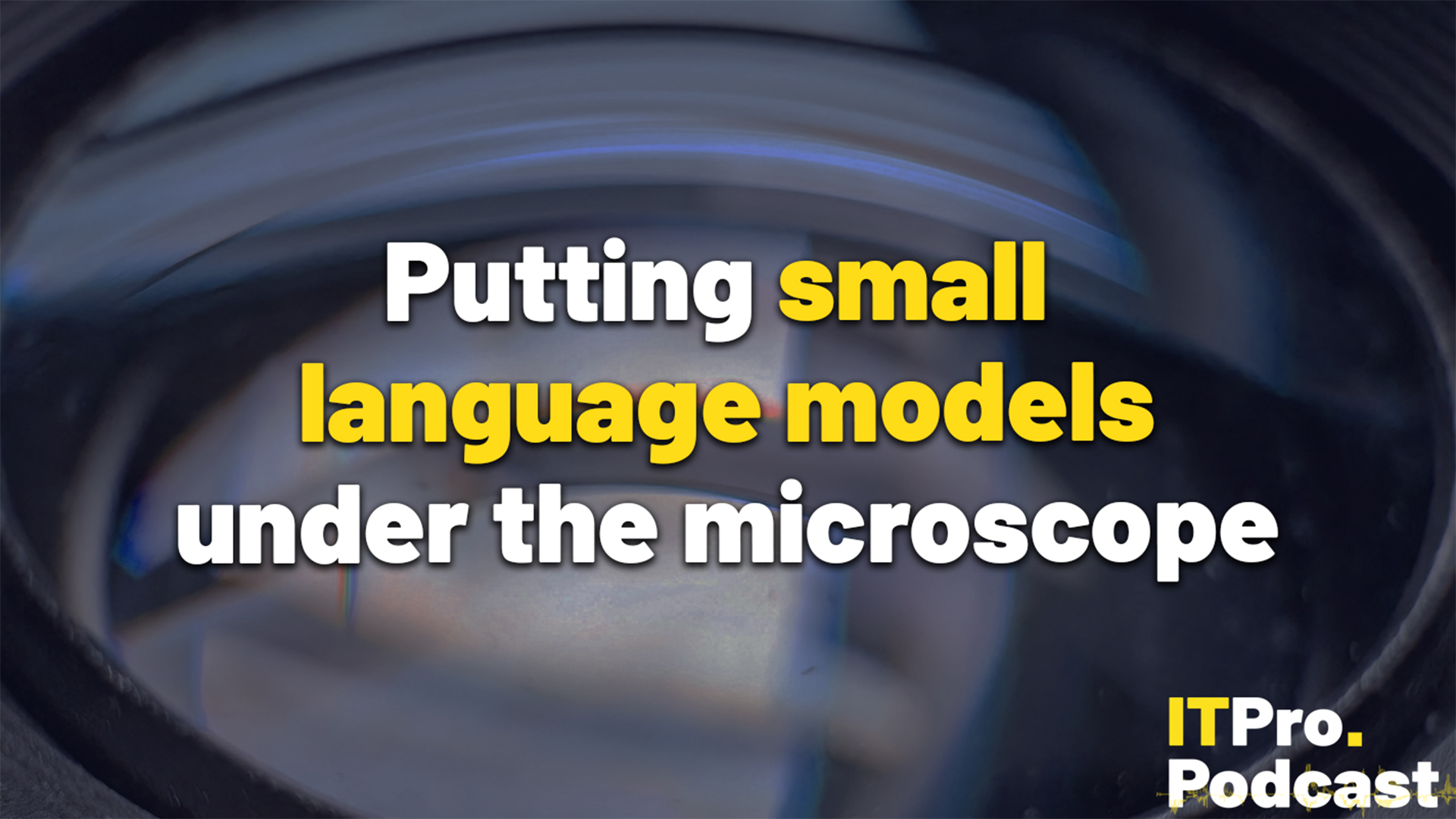HP shrugs off downturn
Revenues grow across all divisions, with PC sales holding up especially well.

The world's largest PC maker, HP, has shrugged off worries of a slowing economy to post better than expected financial results.
The company's third quarter results saw operating profits rise 20 per cent, to US$2.5 billion (1.35 billion). Compared with the third quarter of 2007, HP's sales were also up 10 per cent, to US$28 billion (15 billion), ahead of financial market expectations.
According to HP, the strongest-performing division was software, where sales rose 29 per cent year on year, and in financial services, which posted 17 per cent growth.
The company's personal systems group, which makes laptops, PCs and handhelds, defied fears of a downturn to post a 15 per cent increase in revenues and a 20 per cent year on year increase in unit shipments.
Other businesses did less well. Turnover in the enterprise storage and servers division was up five per cent year on year, and HP's imaging and printing division managed just a three per cent increase in revenues.
Unit shipments of printers fell by two per cent year on year, and both commercial and consumer hardware revenues fell back, by five per cent and 14 per cent respectively. But the falls were offset by an 11 per cent increase in revenues from consumables.
Across all divisions, revenue grew modestly in the Americas, up four per cent, more strongly in Europe, the Middle East and Africa, up 16 per cent, and strongest of all in Brazil, Russia, India and China, growing 24 year on year.
Get the ITPro daily newsletter
Sign up today and you will receive a free copy of our Future Focus 2025 report - the leading guidance on AI, cybersecurity and other IT challenges as per 700+ senior executives
HP chairman and chief executive Mark Hurd attributed the strong performance to solid execution. "Our global position, broad product and services offerings and incremental cost saving opportunities make us confident that we'll continue to meaningfully expand earnings," he said in a statement.
Industry analysts suggested that HP's performance is also being underpinned by stronger than expected IT spending among consumers but especially, businesses. "The indications are that the IT market is a bit more resilient than some people thought it would be," said Rakesh Kumar, a vice president at industry analysts Gartner. "Businesses are still investing in infrastructure and in consulting projects, especially in [the financial markets] of London and New York."
Pent-up demand for data centre upgrades, a trend towards virtualisation, and the hardware and software to support it, and a desire to install "green" equipment have all favoured HP, according to Kumar. The same trend is also underpinning desktop and laptop computer sales.
"Organisations are looking to buy equipment that can make savings of 15 to 20 per cent in energy costs, so we don't think that [HP's] Personal Systems Group will suffer that much from the credit crunch," he said.
IT PRO recently interviewed Eric Cador, the European head of HP's personal systems group, who attributed much of the company's growth to increased demand for laptop computers.
-
 How the UK MoJ achieved secure networks for prisons and offices with Palo Alto Networks
How the UK MoJ achieved secure networks for prisons and offices with Palo Alto NetworksCase study Adopting zero trust is a necessity when your own users are trying to launch cyber attacks
By Rory Bathgate
-
 Putting small language models under the microscope
Putting small language models under the microscopeITPro Podcast The benefits of small language models are undeniable – but they're no silver bullet
By Rory Bathgate